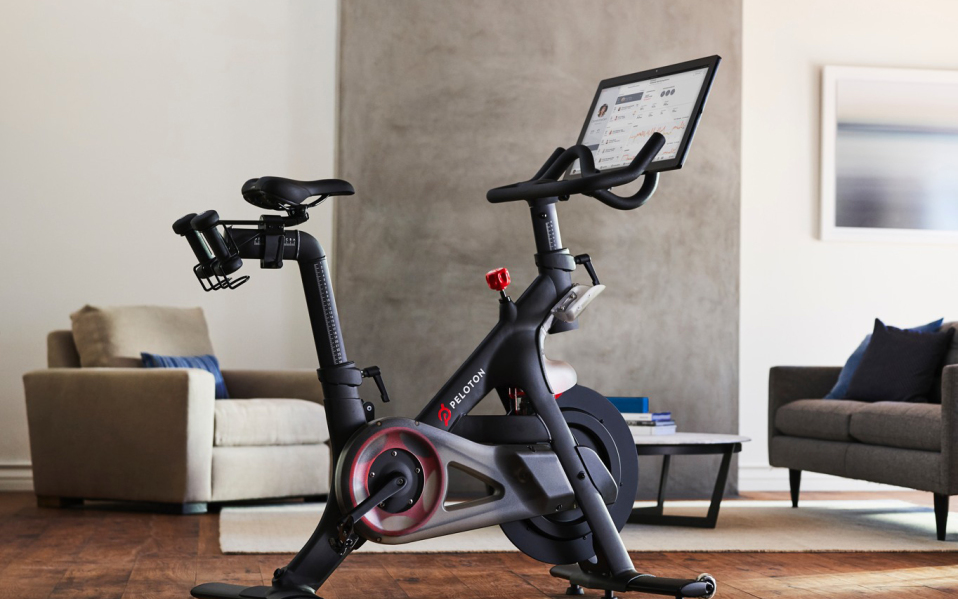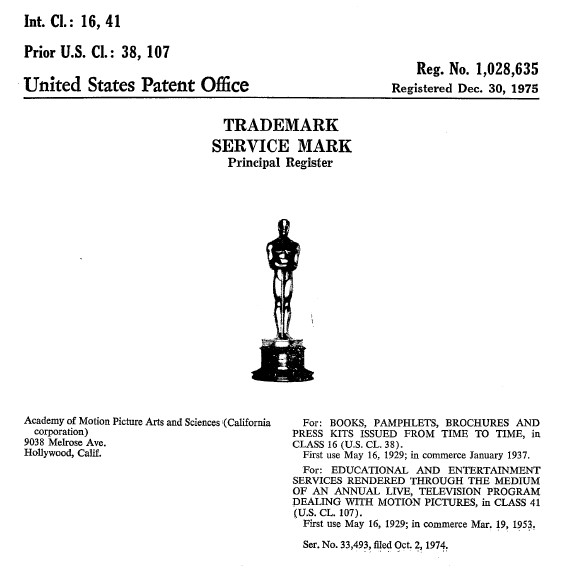The wild success of Peloton shows the immense power of patents and how they can become absolutely essential to the success and longevity of your company, especially if you are a startup. A well thought out and executed patent portfolio isn’t optional anymore.
Peloton is aggressively using its patents to maintain its leadership. Some are skeptical as to the strength of their patents. Nonetheless, patents are clearly an important – and successful – part of their strategy to stop competitors and project a powerful marketing image.
By many standards, Peloton doesn’t even have that large of a US patent portfolio. A search for Peloton’s patents uncovered 16 issued patents, half of them design patents. One simply claims the GUI for the portion of their screen that says “Leaderboard”.
Nevertheless, Peloton has maintained its leadership and shows no sign of being stopped by anyone. After being sued by Peloton for patent infringement, Flywheel announced last year that they will stop selling stationary bikes and in-home fitness classes. Flywheel then filed for bankruptcy.
Peloton has itself been been the target of patent infringement suits. Icon, maker of NordicTrack, and Peloton have sued each other several times. Both companies have been using their patents to strike and counterstrike each other, illustrating the offensive and defensive ways that patents can be used as part of a business strategy to maintain market dominance. Perhaps Icon and Peloton will eventually agree to a patent cross-licensing deal. Time will tell.
Other companies that have sued Peloton include Madd Dogg Athletics who own the trademark registration for SPINNING, Echelon Fitness (maker of a competitive stationary bike), and Dish Technologies (who own Sling TV) for video streaming technology that they say is central to Peloton’s success. Peloton is fighting back hard and has the patents and other tools at its disposal to do so.
Patents can be used offensively to discourage and stop competitors, defensively to fend off attacks from competitors, and cooperatively in cross-licensing agreements that benefit all parties. They can also be used to project a market-leading image.
Contact me to strategize about how patents can play a role in the success of your business.
(Featured image courtesy of One Peloton)
(Sources: Above The Law – Patent Pedaling With Peloton (Part I): Downhill, and Patent Pedaling With Peloton (Part II): Uphill)



